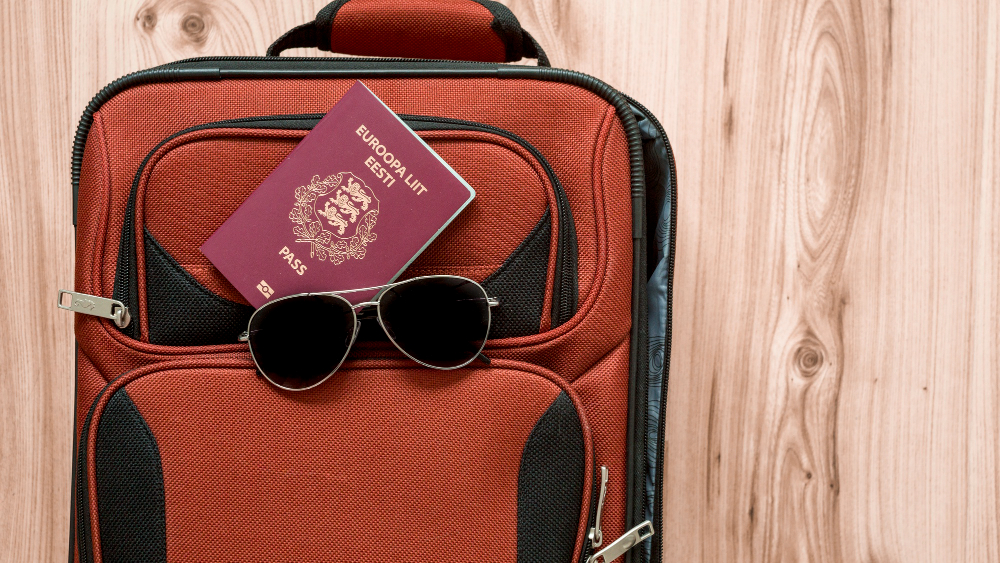Embarking on the spiritual journeys of Hajj or Umrah requires meticulous planning, not just in terms of spiritual readiness and physical fitness but also in managing your baggage effectively. This comprehensive guide aims to help pilgrims understand and optimize their baggage handling to ensure a smooth and comfortable pilgrimage.
Choosing the Right Baggage
Suitcase
Opting for a sturdy, hard-shell suitcase is recommended to protect your belongings from physical damage and potential theft. Here’s how to prepare your suitcase for the journey:
- Durability: Choose a hard-shell suitcase with a reliable lock.
- Identification: Mark your suitcase with unique identifiers like colorful ribbons or distinctive tags to easily recognize it among others.
- Security: Keep your suitcase locked at all times and never leave valuables inside it unattended.
Other Baggage Types
- Backpack: Ideal for carrying essentials during the actual pilgrimage days in Mina, Arafat, and Muzdalifah.
- Waist or Neck Pouch: Essential for keeping important documents and money secure and accessible.
- Shoe Bag: Useful for carrying and protecting your shoes when entering the sacred mosques, where shoes must be removed.
Understanding Baggage Allowance
Airline Allowance
Each airline has specific rules regarding baggage allowance which can vary widely:
- Check Baggage Allowance: Typically varies from 20kg to 30kg but can be higher or lower depending on the airline.
- Cabin Allowance: Usually includes a cabin suitcase and a personal item like a small handbag or laptop bag.
- Excess Baggage: Be aware of the charges for excess baggage, which can be costly, especially during Hajj season.
Special Allowances
- Zamzam Water: Pilgrims are often keen to bring back Zamzam water from Saudi Arabia. Airlines usually have a special allowance for a sealed 5-liter container of Zamzam water, separate from other baggage allowances.
Dealing with Lost or Delayed Baggage
Prevention Tips
- Early Check-in: Avoid checking in at the last minute. Late check-ins can sometimes result in baggage being loaded onto a later flight.
- Baggage Tags: Ensure all your baggage items are tagged correctly with your current contact information and destination address.
- Carry Essentials: Always carry essentials, such as a change of clothes, basic toiletries, and important medications, in your carry-on in case your checked baggage is delayed.
What to Do if Your Baggage is Lost
- Immediate Reporting: Report any lost or delayed baggage to the airline before leaving the airport. Fill out the necessary forms and keep a copy of any reports and reference numbers.
- Follow Up: Keep in contact with the airline to track the progress of your baggage. Airlines have tracking systems that can locate most baggage within 24 to 48 hours.
Practical Tips for Handling Baggage During Hajj or Umrah
- Travel Light: Given the physical demands of Hajj or Umrah, it is advisable to pack as lightly as possible. Consider the essentials and remember that laundry services are usually available in hotels.
- Smart Packing: Organize your baggage to distribute weight evenly. Use packing cubes or bags to segregate items for easier access and to keep your belongings organized.
Final Checklist Before Departure
- Documentation: Ensure all your travel documents are in order and easily accessible.
- Baggage Check: Double-check your baggage against the airline’s rules one last time before leaving for the airport.
- Essentials: Make sure you have all your essentials packed in your carry-on, especially items you need immediate access to, like travel documents, money, medications, and valuables.


